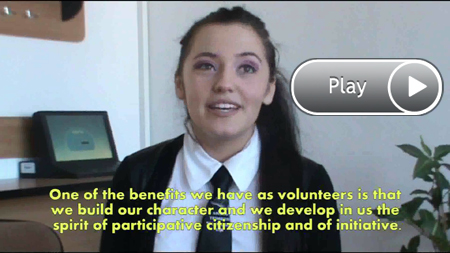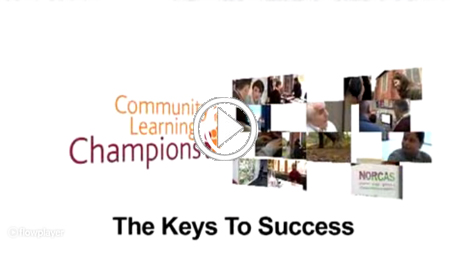Xploit Project Results in short
Exploitation and Learning Communities
Common Criteria for Learning Communities
Serious Challenges to Learning Communities
Practical Guide
to Learning Community Initiatives
Other useful materials from the project
 |
VolunteeringA learning community can be driven by a strong focus on exploiting and valorizing community resources for volunteering, such as young people, unemployed and elderly – governed by suitable ethical and social principles. Many emerging learning communities use volunteering as a driver of change. Such initiatives are often taken by groups of active citizens, such as retired persons, unemployed, migrants or citizens with strong social values.
Though offering solid learning community perspectives, serious threats might occur:
Simple actions can help overcome these threats:
SPECIAL RECOMMENDATIONS |
| Supporting materials | |
Significantly, the Community Learning Champions initiative reflects the understanding that real change happens when the people themselves are in the driving seat; not the professionals, not the service managers, not the policy-makers, not the politicians. Community Learning Champions Report 2011 |
|
| Xploit- Study visit Catania | |
 |


